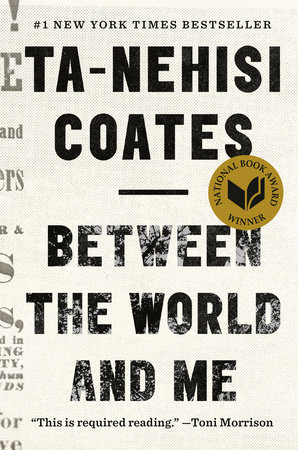Scott D. Pierce and Sheila McCann. Local Programs Fire Up Readers, Salt Lake Tribune, May 31, 2019, p. D1-
Schools are wrapping up, the weather is warming up, and June is a day away. Another clear sign of summer: Libraries, businesses and others are gearing up to engage and reward summer readers.… The theme of this year’s challenge is “A Universe of Stories,” honoring the 50th anniversary of the Apollo moon landing. Last year, almost 28,000 kids from infants to age 12 sing up along with 7,500 teens and more than 23,000 adults, said Liz Sollis, communications manager for the [Salt Lake] county library system. “We’ve actually seen a huge increase in adult participation over the last few years, “ she said.
…
Four reading trackers for its summer reading program are available: Babies & Toddlers, Kids, Teens, and Adults, each with suggested activities. The [Salt Lake City] system also suggests going paperless by using its Beanstack site online or by downloading the Beanstack app.
COMMENT
This article is a local tie-in to one reprinted from the Washington Post.[1] It lists summer reading programs at local libraries, businesses and other organizations that offer prizes and rewards for reading.
As an avid reader, I feel somewhat skeptical about the effectiveness of rewards. I mean, to me getting time to sit and concentrate on reading already seems like a pretty big reward. However, it’s clear that the programs are popular and they serve a purpose if they make reading fun again. Museum and sports events tickets, free books, and food rewards might work for some people. Choosing what to read may also be the first step in developing self-directed lifelong learning skills that aren’t dependent on classroom teaching.
The Salt Lake Public Library system is pushing a digital book subscription, which also seems questionable. Unless kids are using a dedicated e-reader, anything on screens offers far too many distractions that interrupt reading. Use of ebooks probably also means fewer trips to the library and consequently less immersion in the possibilities such as audio books or graphic novels. In many library stories, a profound coming-of-age experience happens when kids first move from the juvenile section to the regular stacks. That transition simply can’t happen online.
Digital reading seems even more dubious when it comes from an overtly commercial source. Scholastic Read-a-Palooza, described in the article, is an online summer reading program that logs the number of minutes kids read and unlocks digital rewards. This is beginning to sound a lot less like pleasure and a lot more like the usual schoolwork drudgery, specially if parents can spy on reading minutes. Personally, I would not suggest going paperless. I’d suggest that the long, lazy days of summer are the perfect time to immerse oneself in the kind of absorbing deep reading experience that only print can offer. The real purpose of summer reading, after all, is not to do better on standardized tests but to rediscover the joy of reading books that are not homework.
[1] How to Draw ‘em In.
Rear




